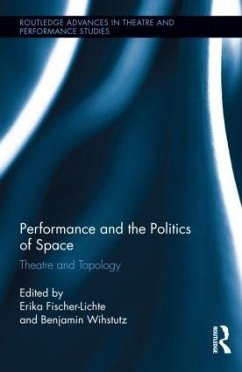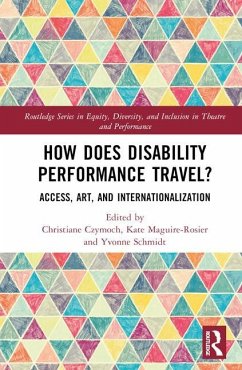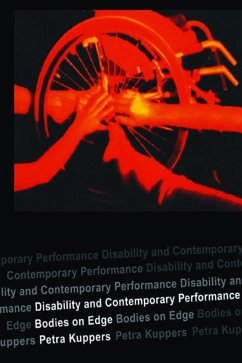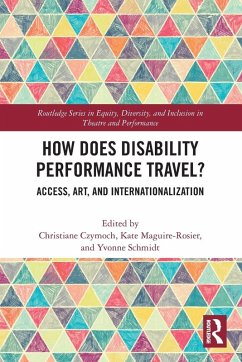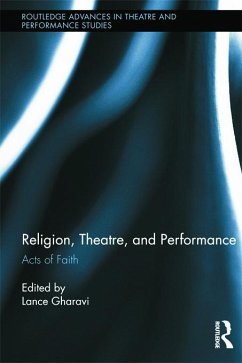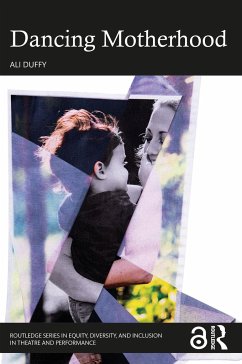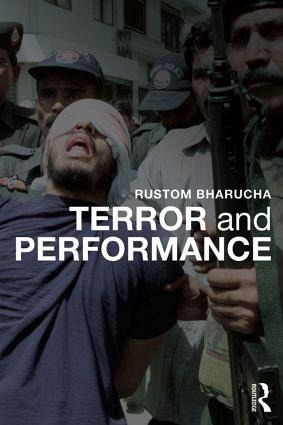
Terror and Performance
Versandkostenfrei!
Versandfertig in 1-2 Wochen
63,99 €
inkl. MwSt.
Weitere Ausgaben:

PAYBACK Punkte
32 °P sammeln!
'This work goes where other books fear to tread.¿ It reaches the parts other scholars might imagine in their dreams but would neither have the international reach nor the critical acumen and¿forensic¿flourish to deliver.' Alan Read, King's College London 'This book is not only timely.¿ It is overdue - and it is a masterpiece unrivalled by any book I know of.'¿ Erika Fischer-Lichte, Freie¿Universität Berlin 'The first and only book that focuses on the intersections of performance, terror and terrorism as played out beyond a Euro-American context post-9/11.¿ It is an important work, both...
'This work goes where other books fear to tread.¿ It reaches the parts other scholars might imagine in their dreams but would neither have the international reach nor the critical acumen and¿forensic¿flourish to deliver.' Alan Read, King's College London 'This book is not only timely.¿ It is overdue - and it is a masterpiece unrivalled by any book I know of.'¿ Erika Fischer-Lichte, Freie¿Universität Berlin 'The first and only book that focuses on the intersections of performance, terror and terrorism as played out beyond a Euro-American context post-9/11.¿ It is an important work, both substantively and methodologically.' Jenny Hughes, University of Manchester 'A profound and tightly bound sequence of reflections ... a rigorously provocative book.' Stephen Barber, Kingston University London In this exceptional investigation Rustom Bharucha considers the realities of Islamophobia, the legacies of Truth and Reconciliation, the deadly certitudes of State-controlled security systems and the legitimacy of counter-terror terrorism, drawing on a vast spectrum of human cruelties across the global South. The outcome is a brilliantly argued case for seeing terror as a volatile and mutant phenomenon that is deeply lived, experienced, and performed within the cultures of everyday life.





